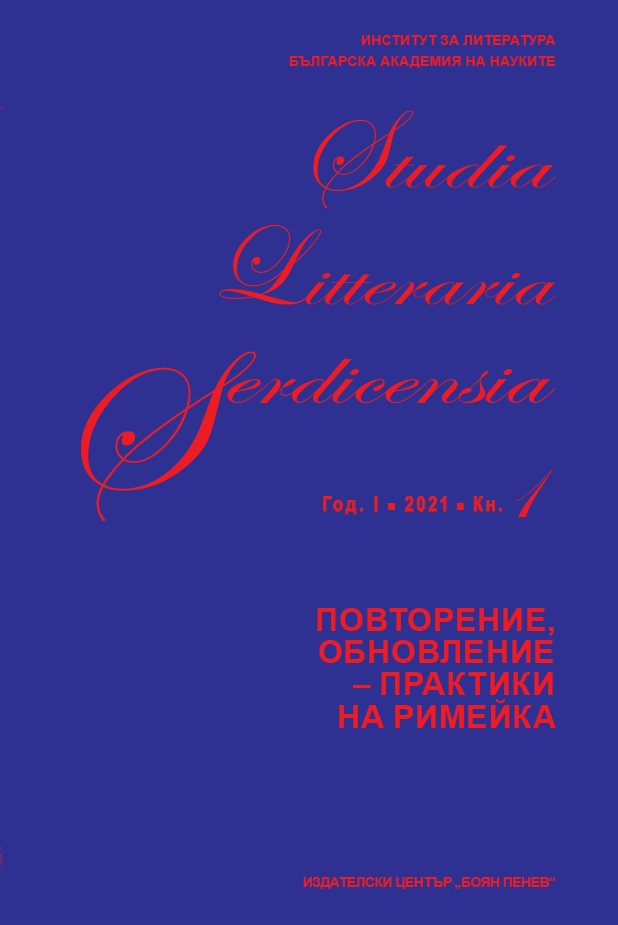The German series “Babylon Berlin” is probably the most re- nowned television production in the second decade of 21st century after “Game of Thrones”. It is a typical example of modern “complex” television storytelling and at the same time offers perfect material for studying the “remake” in a broad cultural context. The first stage of the “remake” is the adaptation of Volker Kutscher’s novels about a Berlin police in- spector. The author himself admits that he was inspired not so much by literature as by television and cinema. The main aspect in the practice of “remake”, introduced by the series, is not just the transformation of the literary plot and characters into a new medium, a completely new reproduction of the world from which they are generated and in which they are functioning. This is the twilight of the Weimar Republic, marked by social unrest, political and economic cata- clysms. At that time, Berlin is the most Americanized European metropo- lis, where heroin is sold in pharmacies, prostitution is a mass profession, 259and the underworld serves high politics.
“BABYLON BERLIN” AND THE “REMAKE” OF AN ERA
-
Pages: 241
PAGE COUNT: 20
Language:VOLUME/ISSUE: КНИГА 1ISSN (Print): 2738-7631ISSN (Online): 2815-2999PUBLISHED ON: -
-
Alexander Donev, Assoc. Prof. PhD
Institute of Art Studies – Bulgarian Academy of Sciences, BulgariaORCID: 0000-0002-9852-1626Александър Донев, роден през 1961 г., е доцент в Институт за изследване на изкуствата при БАН. През 2016 г. защитава докторат на тема „Зрителският успех на българските игрални филми в началото на XXI век“. Неговите изследователски интереси са в областта на българското кино, историята на киното, изследването на публиките, киноиндустриалните практики, социологията на киното и независимото кино. Автор е на книгите „Картографиране на филмовата неопитоменост“ (2021), „Независимите в киното: от Едисон до „Нетфликс““ (2019) и „Помощ от публиката: българските игрални филми от началото на XXI век и техните зрители в кината“ (2018).
-
-
 Abstract:ABSTRACT
Abstract:ABSTRACTThe German series “Babylon Berlin” is probably the most re- nowned television production in the second decade of 21st century after “Game of Thrones”. It is a typical example of modern “complex” television storytelling and at the same time offers perfect material for studying the “remake” in a broad cultural context. The first stage of the “remake” is the adaptation of Volker Kutscher’s novels about a Berlin police in- spector. The author himself admits that he was inspired not so much by literature as by television and cinema. The main aspect in the practice of “remake”, introduced by the series, is not just the transformation of the literary plot and characters into a new medium, a completely new reproduction of the world from which they are generated and in which they are functioning. This is the twilight of the Weimar Republic, marked by social unrest, political and economic cata- clysms. At that time, Berlin is the most Americanized European metropo- lis, where heroin is sold in pharmacies, prostitution is a mass profession, 259and the underworld serves high politics.
Keywords:

